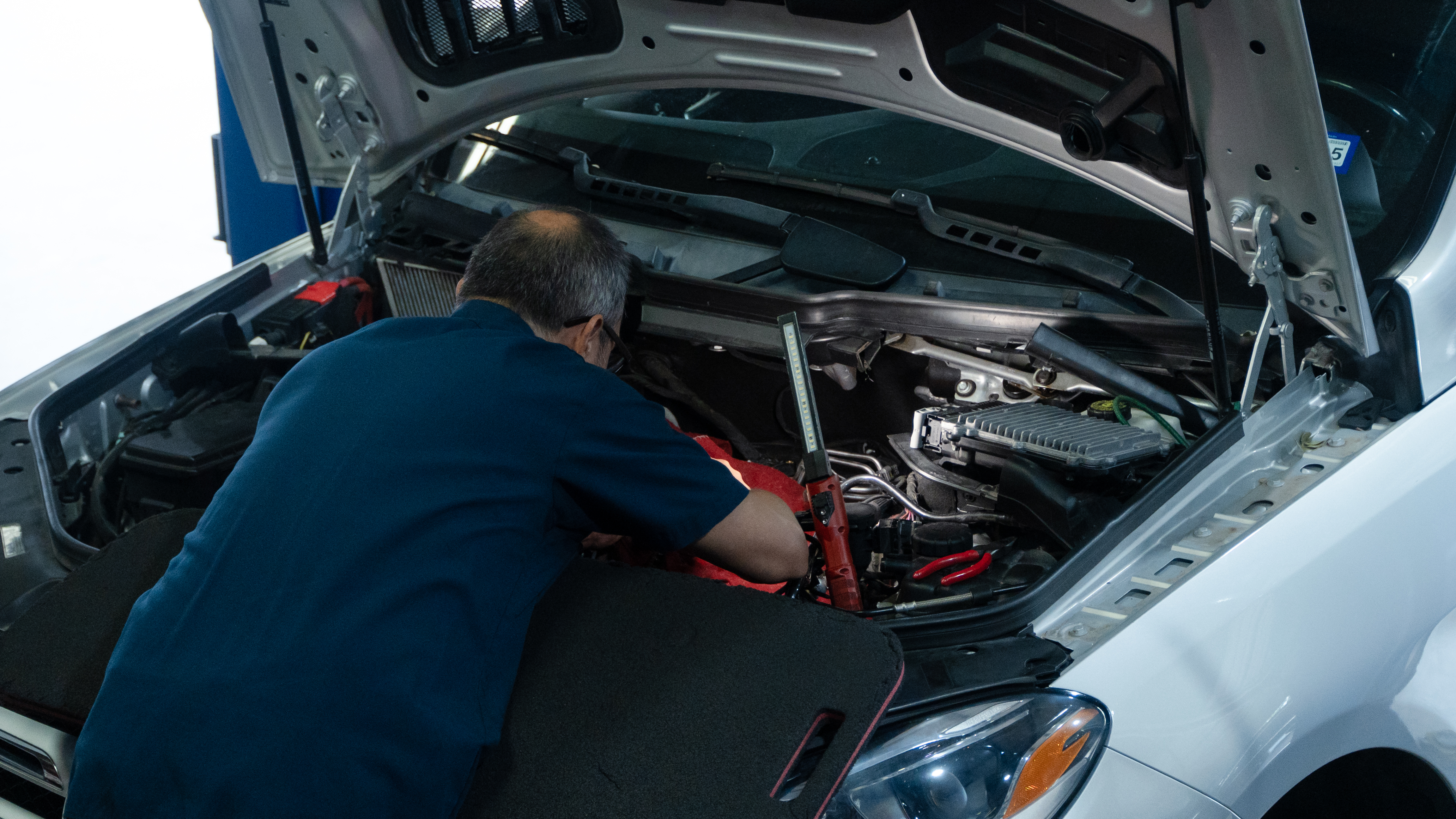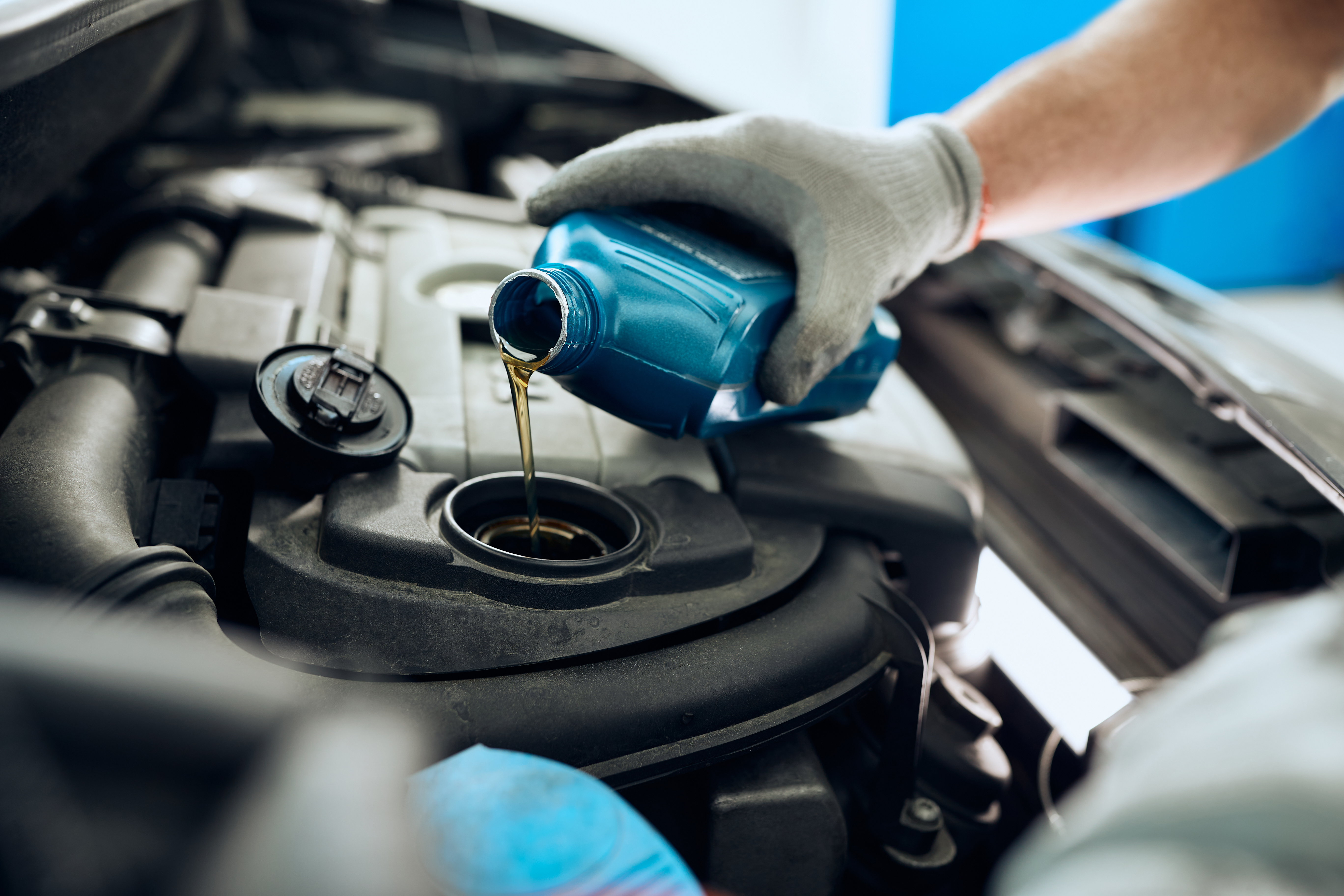Historically, driving a car took a lot of muscle. Drivers had to wrestle with their steering wheel in order to turn their wheels in the desired direction. Fortunately, the power steering systems found in most modern cars allow drivers to control their car with a great deal less effort. Yet problems can still lead to increased difficulty in controlling your car.
One of the most common steering-related issues involves a steering wheel that seems to vibrate excessively beneath your hands. Such vibrations make it harder to control the wheel and can soon lead to fatigue in your hands and arms. If you would like to learn more about this worrisome issue, keep reading. This article delves into three common causes of a shaky steering wheel.
1. Failed Wheel Bearings
Each of your car’s wheels contains a set of bearings. These hard, steel balls allow the wheel to rotate with a minimum of friction. In addition, the snug fit of the bearings ensures that your wheel maintains an optimal position relative to the roadway. While wheel bearings can easily last for many years, over time they accumulate wear and tear.
Eventually, wheel bearings begin to break down, developing corrosion, pitting, and loss of surface material. Such wear leads to excessive looseness in the bearing hub, allowing the wheel to move more freely than it should. Early signs of such problems often involve alignment problems and abnormal tire wear.
Likewise, you may hear strange grinding and/or roaring sounds coming from the affected wheels. This sound indicates that your wheel hub has lost its lubrication, resulting in damaging metal-on-metal contact. Finally, loose bearings allow the wheel to jostle more on its axle, leading to vibrations that often travel back up the steering column to your steering wheel.
2. Bad Shocks
All cars contain shock absorbers, which reduce the jostling produced by potholes and uneven roadways. As a result, you can enjoy a smoother and less bumpy ride. In addition, your shocks make it easier to remain in full control of your car. Yet as shocks age, they can no longer protect your steering column as effectively as they should.
All steering wheels may exhibit some vibration when passing over particularly rough or uneven patches of road. Yet if your steering wheel has begun to vibrate whenever and wherever you drive, you may need to replace your shocks. You may notice that such vibrations become even more intense when travelling at higher speeds.
If worn shocks lie at the root of the problem, you may notice some other symptoms as well. Uneven tire wear and a tendency to veer from side to side ay also indicate shock problems. Additionally, you may find that your car’s stopping distances have increased. In fact, worn shocks may increase stopping distances by as much as 20 percent.
3. Warped Brake Rotor
Pay close attention to when your steering wheel vibrates the most. Vibrations that occur primarily when braking may indicate that your car suffers from warped brake rotors. The brake rotor consists of a flat metal disc attached to your wheel. When you press your brake pedal, a pair of calipers equipped with brake pads close tightly around the rotor.
The resulting friction causes your car to slow. In the process, the friction often generates large amounts of heat. Over time, this heat may cause your brake rotors to become warped. A bumpy, uneven rotor becomes harder for your caliper to grip. You may feel your brake pedal pulsing each time you press it down.
The vibrations caused by uneven rotor contact often travel back up the steering column to your steering wheel. You may also find that your brakes produce unusual squeaks and squeals. Increased stopping distances may also stem from warped rotors.
A vibrating steering wheel can make driving more stressful than usual. Meanwhile, the underlying problem may lead to more serious issues if not attended to quickly. For more information on how to keep your steering system in good working order, please contactthe auto pros at German Car Care.


